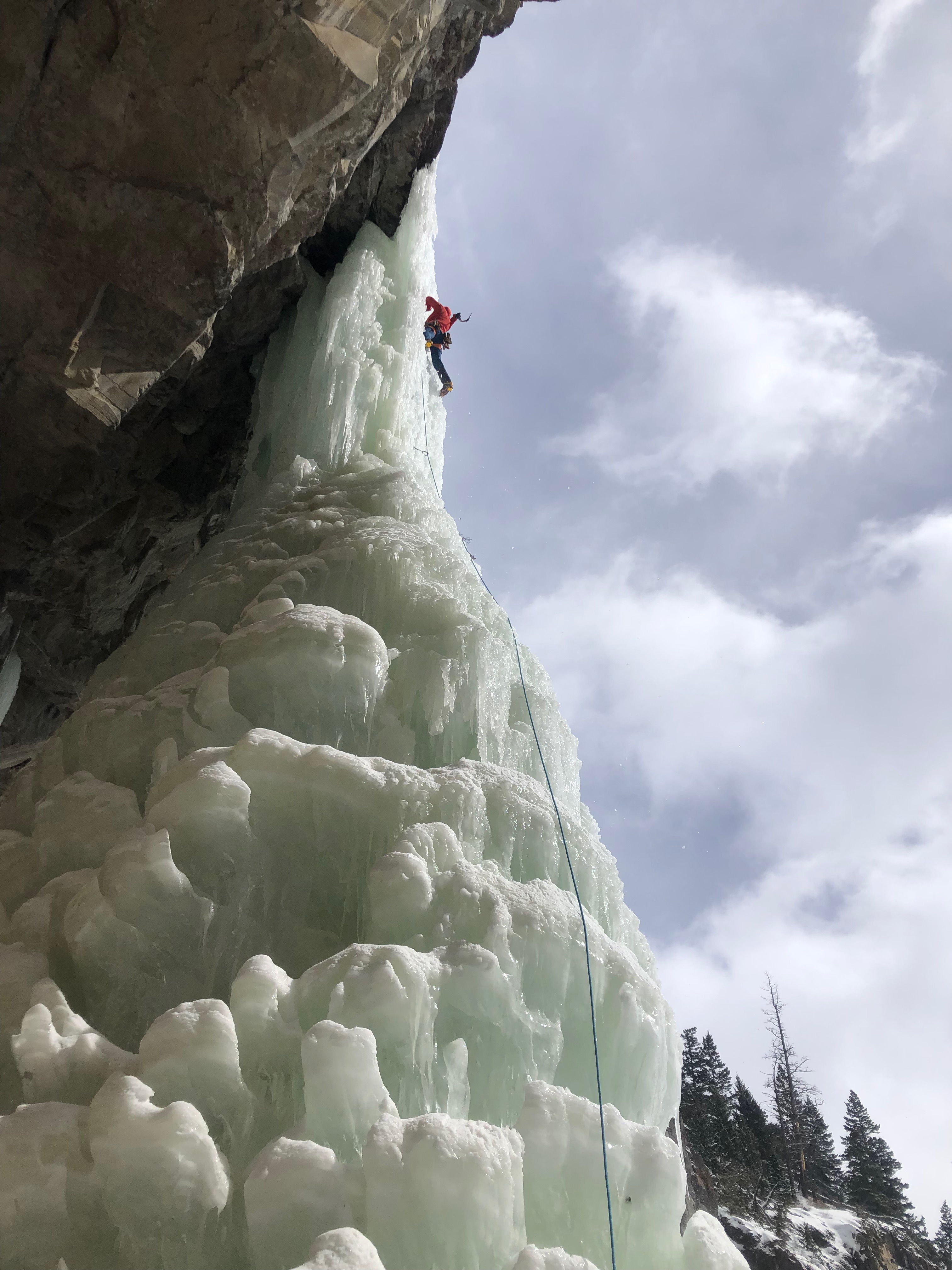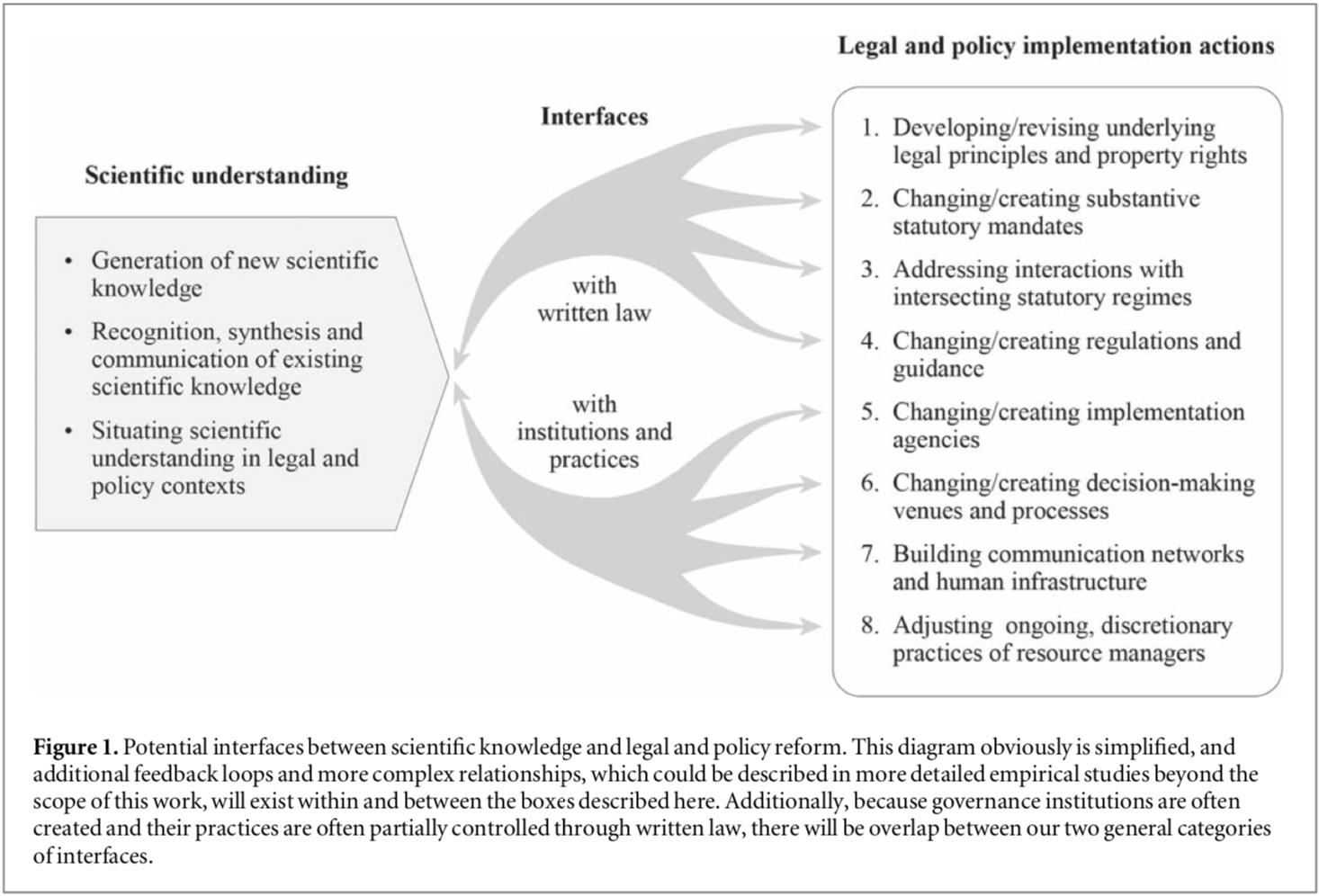Environment
Electric Shared Mobility:
Program Design Elements Can Produce More Equitable, Durable, and Successful Projects
Shared mobility—an umbrella term for any transportation mode shared among multiple passengers—has the potential to accelerate transportation electrification, air quality, and greenhouse gas reduction goals, meet the needs of underserved communities that most lack mobility access, and advance broader mobility equity goals. CLEE’s report, Electric Shared Mobility: California Lessons Learned for Equity in Program Design, …
Continue reading “Electric Shared Mobility:”
CONTINUE READINGA New Era of Conservation on the Horizon
Lessons from philanthropist and conservationist Kris Tompkins after a visit to the UCLA Emmett Institute.
“Sentiment without action is the ruin of the soul.” That line by writer Edward Abbey is a favorite quote of Kris Tompkins. She’s the legendary conservationist and philanthropist who recently visited UCLA Law at the invitation of the Emmett Institute and the Lowell Milken Center for Philanthropy and Nonprofits. Ever since Thompkins’s visit with …
Continue reading “A New Era of Conservation on the Horizon”
CONTINUE READINGSpotlight on San Antonio
The role of transparency in municipal climate plans
Last week, San Antonio’s City Council approved its first-ever Climate Action and Adaptation Plan. This Plan’s main benefit is its ability to track and measure GHG emissions, while also signaling to City agencies, other municipalities, and the state that it is committed to climate mitigation and adaptation efforts. This is a big win for a …
Continue reading “Spotlight on San Antonio”
CONTINUE READINGGovernance infrastructure for water resilience
CLEE comments on Governor Newsom’s water portfolio executive order
Governor Gavin Newsom has directed state agencies to prepare a water resilience portfolio. Executive Order N-10-19 describes a set of broad principles to inform the development of the portfolio, as well as extensive outreach that should accompany the process, which is being conducted on an aggressive timeline. The EO states, correctly, that California needs a …
Continue reading “Governance infrastructure for water resilience”
CONTINUE READINGCalifornia groundwater management, science-policy interfaces, and the legacies of artificial legal distinctions
By Dave Owen and Michael Kiparsky
One of the many noteworthy features of California’s Sustainable Groundwater Management Act (SGMA) is that it requires local government agencies to consider and address the effects of groundwater management upon interconnected surface water. That requirement is an important step towards rationalizing California water management, which has long treated groundwater and surface water as separate resources. …
CONTINUE READINGHow Would a Justice Kavanaugh Approach Environmental Cases?
Reflections From a Review of Kavanaugh’s D.C. Circuit Opinions
As we await the outcome of President Trump’s nomination of Judge Kavanaugh to the Supreme Court, journalists and legal scholars have been scouring Judge Kavanaugh’s past decisions and legal writings for indications as to how he might resolve pressing legal questions if installed on the Court. I’m adding here a few thoughts to the many …
Continue reading “How Would a Justice Kavanaugh Approach Environmental Cases?”
CONTINUE READINGProgress on California water data
Michael Kiparsky and Alida Cantor
Water data has become quite a hot topic in California, and rightly so: throughout the state, decision-makers desperately need better information to guide their efforts to better manage this resource. Recent legislation has gotten us to the starting line, but how well new data platforms ultimately serve water management will depend on clear thinking and …
Continue reading “Progress on California water data”
CONTINUE READINGSome Resources for Non-Experts (and for Experts Too!) on the Executive Order Rolling Back Federal Climate Change Regulations
Cutting Through the Information Overload
The President’s Executive Order rolling back climate change-related initiatives, “Promoting Energy Independence and Economic Growth,” just came out today, and there’s already plenty of analysis to help people to understand its likely impact. While the short answer is that it is terrible for our country, the long answers tend to make people’s eyes glaze over if …
CONTINUE READINGThe Trump Administration’s False Stories About the Environmental Protection Agency Are Meant to Take the Agency Down
Donald Trump and Scott Pruitt Distort the Facts About EPA’s Mission, History, and Success
The Trump Administration has made clear its plans to systematically dismantle the Environmental Protection Agency. Destroying the EPA will be a key element of the administration’s fight, in the words of White House policy advisor Steve Bannon, to achieve the “deconstruction of the administrative state.” [Update 8/22/17: Bannon is out, but that doesn’t change the Administration’s …
CONTINUE READINGLet Us Now Praise Famous Plants
Taking environmental law education outdoors
Lawyers spend their lives among tree slices (using 20,000-100,00 sheets of paper per attorney annually), but distressingly little time among whole trees. This became evident when I hauled a class of bemused clinical environmental law students up a wooded slope near the UC Berkeley campus this spring for a lesson spanning ecology, agency jurisdiction, and …
Continue reading “Let Us Now Praise Famous Plants”
CONTINUE READING









